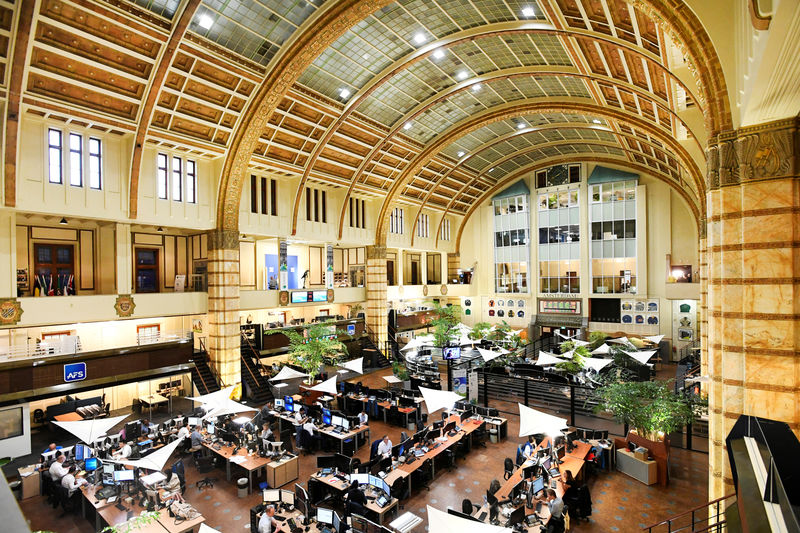DUBLIN (Reuters) - Ireland's gross domestic product rose by 0.7% quarter-on-quarter in the first three months of the year as growth in the European Union's best-performing economy stood 5.8% higher than a year ago, the Central Statistics Office (CSO) said on Friday.
Irish GDP has outperformed everywhere in the EU each year since 2014. The economy has so far largely brushed off uncertainties arising from Britain's 2016 vote to leave the EU, which the government warns could lead to a sudden contraction if Ireland's nearest neighbour leaves without a deal.
The finance ministry forecast in April that GDP would grow by 3.9% this year. Due to close trade links with Britain, it forecasts that the economy could flatline next year in a "no deal" Brexit, rather than grow by 3.3% in an orderly withdrawal.
Quarterly GDP growth for the first three months of the year was revised up to 2.7% from an initial estimate of 2.4% with the annual figure amended to 7.4% from 6.3%. That meant GDP was growing at a rate of 6.6% at the halfway point of the year, the CSO said.
Many economists prefer to use the labour market as the most accurate barometer of how Ireland's open economy is doing, as the relevance of using GDP diminished when 2015 growth was adjusted up to 26 percent after a massive revision to the stock of capital assets.
Such distortions, related to Ireland's large cluster of multinational companies, inflated the figures again last year when the conventional measure for economic performance posted growth of 8.2%.
Ireland's labour market is close to capacity with unemployment at 5.2%.

The CSO has begun to phase in new measures which strip out some of those globalised activities. One such data point, modified total domestic demand, rose by 1.9% on the quarter.